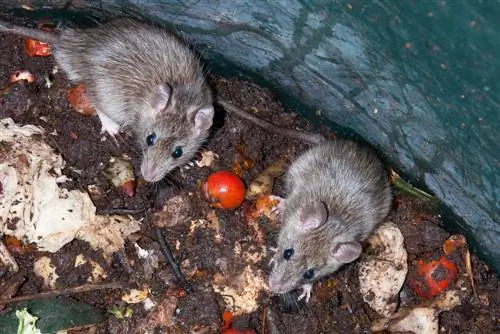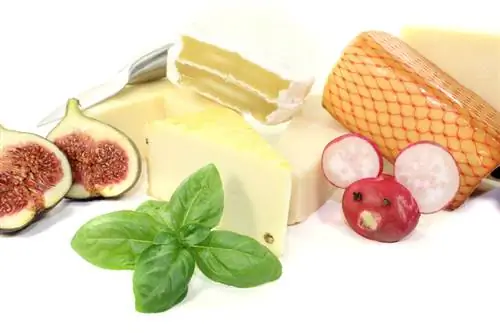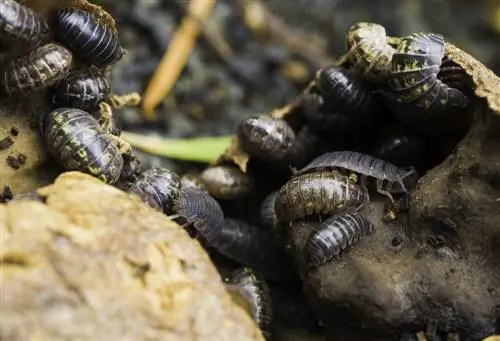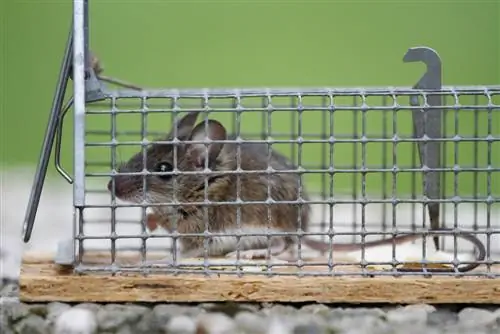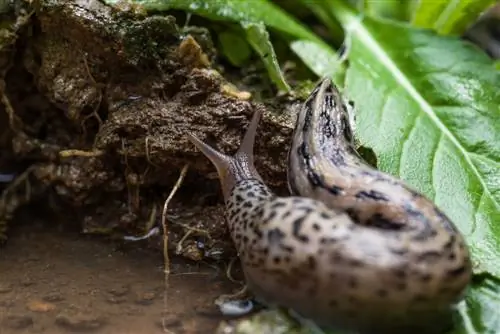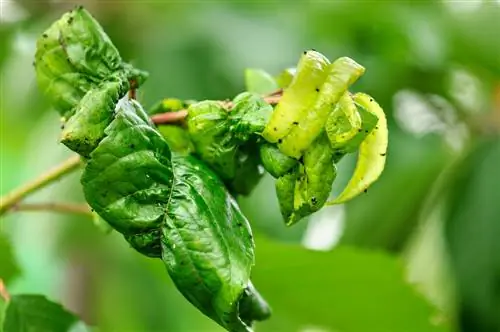- Author admin leonars@hobbygardeners.com.
- Public 2023-12-16 16:46.
- Last modified 2025-06-01 06:02.
Unfortunately, the compost heap often attracts unwanted visitors. Mice in particular like to spend time in the compost because they find good living conditions there if you don't fill the composter correctly. Do you need to control mice in compost?
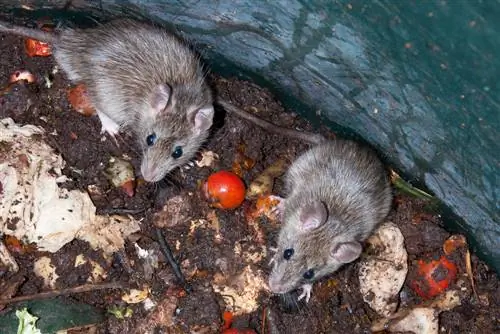
How do I prevent mice in compost?
Mice in compost can be useful as they loosen the compost and destroy harmful insects. However, you should avoid meat, sausage, cheese and cooked leftovers and, if necessary, use a mesh mat as a surface to prevent mouse infestation.
Mice in the compost - useful or harmful?
Hardly anyone likes mice in the compost, but they can't do much damage. Some gardeners are even of the opinion that the uninvited visitors further loosen the compost and destroy harmful insects such as maggots and larvae of the black weevil and other beetles.
Basically it can be said that you don't necessarily have to fight the mice. However, if it is unavoidable, it is better to find ways to drive away the rodents rather than kill them. It's even better to prevent an infestation from the start.
The shrew, which is not a mouse, is very useful in compost. It is an insectivore and destroys the maggots and larvae of harmful beetles and other insects that are unwanted in the garden. You should therefore never fight shrews.
Mice as vectors of diseases?
The fact that mice transmit diseases in compost is now considered outdated. At best, they are a hygiene problem when they attack the food supplies in the pantry or leave their excrement in the house.
How to fight mice in the composter
Mice are attracted to the warm temperatures in the composter. Only when it gets too hot for them at over 40 degrees do they retreat on their own.
If the compost is not warm enough, you should re-layer it so that the outer layers go inside. This will allow you to achieve another hot rot. At the same time, you make it too uncomfortable for the mice in the compost.
Mice also appear more frequently if you fill the composter incorrectly. Never throw the following waste into the compost:
- Meat
- Sausage
- Cheese
- cooked leftovers
Tip
To prevent mice and rats from getting into the compost, you can lay out a mesh mat as a base. The holes should only be large enough to allow earthworms and other microorganisms access to the compost.

